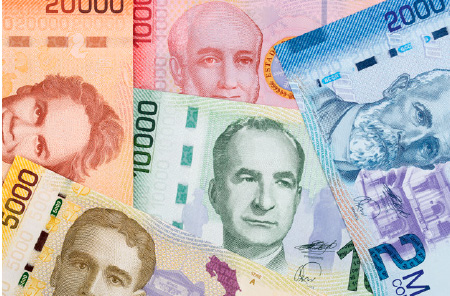
USURY IN “REVOLVING”

Costa Rica is a financial plaza with few actors, much protected and not very competitive. There are few large players that monopolize a good part of the market, according to the different financial products, and act as if they were dividing it. There is a lax and permissive regulatory framework that facilitates a series of abusive practices against financial consumers. A certain “regulatory catch” is also evident when we see the little protection of financial consumers.
In the credit card market, there are dominant actors who engage in practices and behaviors beyond the abusive, obtaining excessive rents from their clients, which we consider could typify various crimes.
The asymmetry between financial institutions and their clients makes it difficult to claim rights and defend against abusive and criminal practices. It is unlikely that a client could face his bank in a judicial process for being onerous and possibly of long duration. Our goal is to unite efforts among many victims and facilitate access to justice.
Credit card market. According to the information collected as of January 31, 2020, 31 credit card issuers operate in the country, including entities from private banks, public banks, cooperatives and private companies. According to data from the Ministry of Economy and Commerce (MEIC) there are almost three million credit cards in circulation as of January 31, 2020 (including cardholders and additional ones); with a cumulative debit balance of ₡ 1,271,085,000,000 (995,423,861 euros); 70% of the cards charge nominal interest between 40.0% and 49.9%; if we take into account the periodicity (12) of the payment of fees, commissions and insurance, we could reach an equivalent annual rate (APR) that could range between 50% and 60% or more.
If we consider that the cost of financial institutions to raise resources (basic passive rate, TBP) is around 3.75%, inflation is between 2% and 3% per year and that consumer loans do not exceed 15%, We can affirm that the interest rates charged on credit cards are at least excessive, and could even be classified as usury.
Impact on the judicial system. Malpractice and abuse of credit card issuers is collapsing the judicial system. It is estimated that there are more than 700 thousand cases in the judicial collection courts, of which more than 500 thousand correspond to credit card debts. These courts employ 350 judicial officials and 86 judges, with a budget of more than 12,000 million colones.
Project goal. Considering the number of credit cards in circulation, the high level of indebtedness, the abusive / criminal nature of banking practices and the urgent need to balance the market, it is considered feasible to establish collective processes with no less than 1,000 claimants.
Technological platform. For purposes of efficiency, security and to facilitate the handling of information, an automated online process has been designed where the offended may join the process, upload the information, join and execute other processes with extreme ease and confidentiality.
Those interested can fill out the following form:



